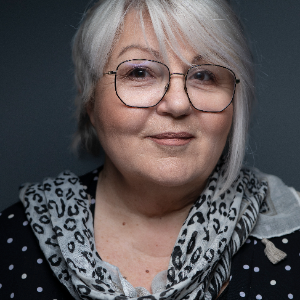Title : Swedish childrens’ lived experience of inflammatory bowel disease
Abstract:
My thesis focuses on children aged 10-18 years with symptoms of, or diagnosed with, inflammatory bowel disease (henceforth referred to as IBD) from child’s perspective.Children have their own way of experiencing things, and research-based knowledge about children’s experiences can further help healthcare professionals to better understand the children’s world of experiences. Children have a right to participate, receive information, and make health-related decisions. Paediatric care needs to be of good quality; it should meet the children’s needs of safety, and the best interest for the child should always be a priority in all actions concerning children. Historically, children have been excluded from the research process or decision making regarding their own health care. One reason for this could be that research with children as participants raises many ethical questions; another reason may be that children have been seen as vulnerable and without competence due to their age and immaturity. What is the best interest for the child has been considered from a child perspective, which is based on parents’ and professionals’ perceptions of the child’s desires and experiences. That this perspective is not enough has been shown in previous research. The child’s perspective, which means the child’s own voice, can give the child an opportunity to express his/her own perceptions, desires, and understanding of the world Thechild’s perspective is an important precondition when discussing paediatric care, in order to take into account the child’s reflections on what would be the optimal care, for example, during an unpleasant procedure .A good communication between the child and the nurse can be the key to including the child in his/her health care.



